Insights into Telehealth, Health Technology, and MedTech
Clients and candidates in our Life Sciences & Healthcare practice are seeing the recent pandemic as a turning point in Telehealth, Health Technology and MedTech. Physicians, consumers and regulators are increasingly using connected or fully-digital technologies, with some describing it as a major revolution. After 20 centuries of medicine in which doctors invariably met patients in person – the same room at the same time – the use of telemedicine is a real paradigm shift.
Telehealth and Health Technology: an overview
In recent years, technological development enabling data analytics, artificial intelligence and the healthcare Internet of Things has disrupted traditional medical operations and transformed healthcare provision into what is described as Healthcare 4.0.
The use of telemedicine is driven both by consumers, who seek to take advantage of technologies that can improve their health and quality of life, and by healthcare systems which are interested in providing quality services at reduced cost. Mobile health applications tend to target well-being and self-care (non-medical conditions), while medical devices and software dominate the market for treating medical conditions. Telemonitoring and preventative medicine are currently the predominant telemedicine interventions, along with teleconsultation.
Before the pandemic, the major area for telemedicine was primary care, with cardiovascular diseases (CVDs), chronic obstructive pulmonary diseases (COPDs) and diabetes the most common conditions targeted.
However, the use of telemedicine has skyrocketed during the Covid-19 crisis. Social distancing has become the new behavioural standard in our society, and direct personal contact is avoided where possible.
Telehealth services use smart devices for remote examination as the first point of contact with doctors; patients with mental health conditions can attend remote sessions from home.
Telemedicine triage has been made possible by AI Chatbots that make the initial diagnoses based on symptoms identified by patients. When patients show up in hospitals, they are treated in isolation rooms or wards, and hospitals use telemedicine platforms to interact, such as e-testing, e-diagnosis, e-consent and e-prescription.
Virtual visits, remote monitoring (wearable personal IoT devices used for tracking vital signs), and digital patient engagement tools are used to deliver evaluations, patient and caregiver education, physical therapy, occupational therapy, and speech therapy.
AI-powered tools are used for screening, capacity planning and monitoring.
Screening AI
Non-contact infrared sensor systems (such as facial thermal scans) are used to quickly single out individuals with a fever, even in crowds. Apps allow users to self-report symptoms, alerting them if they leave a “quarantine zone” in order to curb the impact of “super-spreaders”.
Capacity planning AI
Hospitals and governments rely on AI to plan for critical care shortages in ICU staff, respiratory specialists per shift, care provider-to-patient ratios and ventilator availability.
Monitoring AI
Smart field hospitals have been built, staffed largely by robots. Patient vital signs are monitored using connected thermometers and bracelet-like devices, and intelligent robots deliver medicine and food to patients.
Trends and market examples
In the midst of the crisis, several of our clients and placements in Health Technology and MedTech have seen the accelerated acceptance and usage of solutions that combine AI, Digital, Health Technology and MedTech. For example, the US MedTech AliveCor – which Pedersen & Partners supported in their internationalisation – saw a major opportunity to monitor the cardiac irregularities caused by one of the medications used to treat severe Covid-19 cases. Instead of wired machines, doctors quickly adopted the wireless Cardiac ECG device. This is a simple handheld plate that is easily disinfected and displays a clinically solid diagnosis to nurses at a distance, via an app.
Another client company, Sensium, part of The Surgical Company Group, accurately monitors and reports heart rate, respiratory rate, and axilla temperature every two minutes. Smart algorithms continuously process and analyse all patient data, generating targeted notifications of patient deterioration, efficiently bringing the nurse to the deteriorating patient. Sensium was able to add value and facilitate the work of heavily-engaged ward staff; the sensors set off an alarm which would alert nurses in the event of instant deterioration.
As well as start-ups, we are also seeing leading medical multinationals with several decades of market leadership employ agility to shift their portfolio of products and solutions towards connectivity. There is an overall trend in the industry to wrap up Medical, ICT and Digital products into innovative offerings.
New leadership qualities for telehealth executives
The acceleration in telehealth and connected medical products requires tech-savvy leadership talent with the strategy to see the next opportunities ahead. Access to hospitals is likely to remain difficult, so it is important to create relationships at more senior levels and become part of the problem-solving team. With science leaping ahead, it is important for R&D and business to bring to the table new offerings that are efficient and comprehensive with value-based outcomes.
Digital doctor-patient collaborations mean new software, new services, new technologies, new processes and new organisations. We can say the same regarding the AI and big data revolution in the Life Sciences industry.
The digital medicine paradigm shift creates new roles and the need for new leadership. Executive Search helps to define these roles and think outside the box to place successful leaders. Pedersen & Partners has an extensive track record of placing such executives, including CEO, CIO, Business Directors, International Marketing, Head of Technology Solutions and other leadership positions.





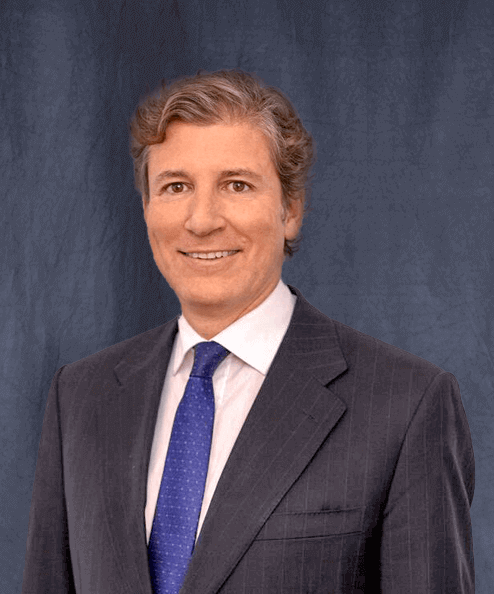
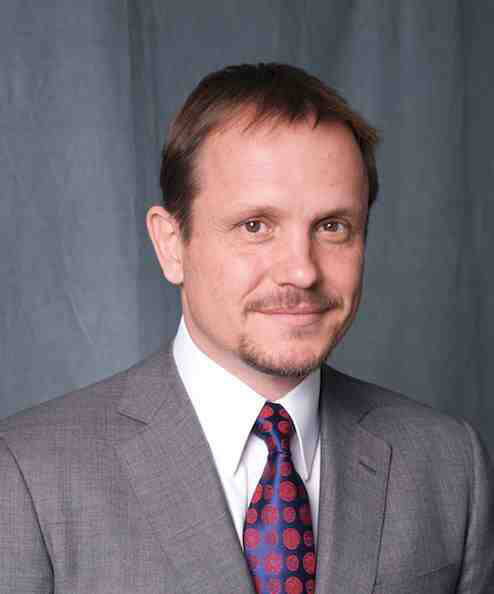


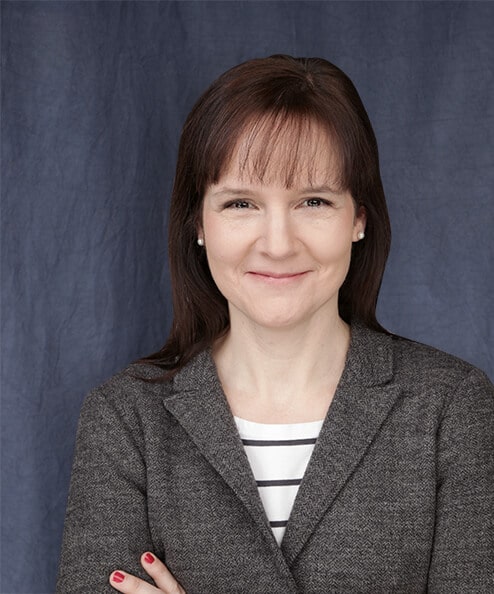 Sandra Roels
Sandra Roels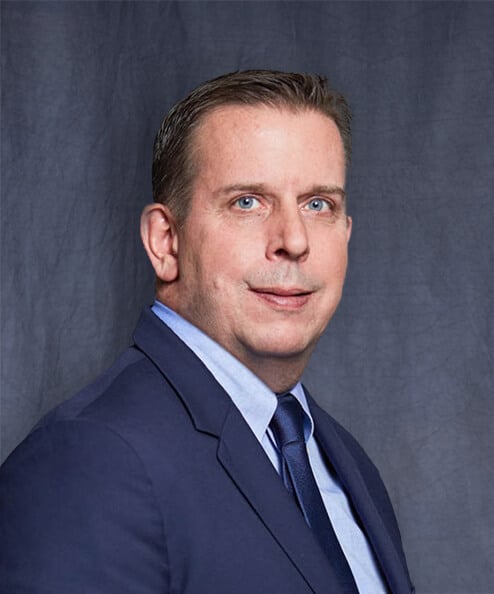 “Lydia’s appointment reinforces our move towards providing deep industry expertise to drive value to our Life Sciences & Healthcare clients globally. Lydia’s proven track record of leading multi-cultural, diverse, and agile teams to deliver exceptional value for our clients will enhance the Life Sciences & Healthcare Practice Group in line with our global strategic direction and growth plans. Lydia’s dedication to our firm’s core values combined with her deep industry knowledge and outstanding track record in Executive Search make her the perfect fit to lead our Life Sciences & Healthcare Practice into 2020 and beyond,” stated
“Lydia’s appointment reinforces our move towards providing deep industry expertise to drive value to our Life Sciences & Healthcare clients globally. Lydia’s proven track record of leading multi-cultural, diverse, and agile teams to deliver exceptional value for our clients will enhance the Life Sciences & Healthcare Practice Group in line with our global strategic direction and growth plans. Lydia’s dedication to our firm’s core values combined with her deep industry knowledge and outstanding track record in Executive Search make her the perfect fit to lead our Life Sciences & Healthcare Practice into 2020 and beyond,” stated 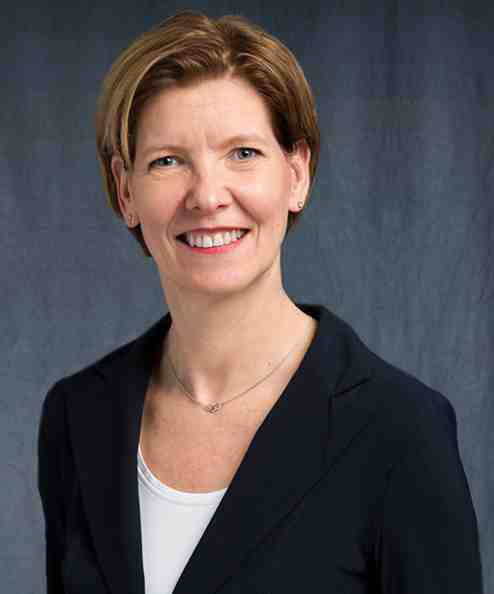 “The Life Sciences & Healthcare industry is at the technical and scientific forefront of innovation with breakthroughs in every aspect: smart technologies improving research, digitalised assessment and diagnosis, and personalised medicine through advancements in genetics, to name a few. Pedersen & Partners’ Life Sciences & Healthcare Practice is committed to supporting our clients’ organisational transformations by bringing the best-suited emerging leadership talents forward. I am honoured and thrilled to be appointed as the new Practice Group Head, and I look forward to leading our global team to further develop our client-centric vision for the most impactful outcomes,” added
“The Life Sciences & Healthcare industry is at the technical and scientific forefront of innovation with breakthroughs in every aspect: smart technologies improving research, digitalised assessment and diagnosis, and personalised medicine through advancements in genetics, to name a few. Pedersen & Partners’ Life Sciences & Healthcare Practice is committed to supporting our clients’ organisational transformations by bringing the best-suited emerging leadership talents forward. I am honoured and thrilled to be appointed as the new Practice Group Head, and I look forward to leading our global team to further develop our client-centric vision for the most impactful outcomes,” added  "Pedersen & Partners’ global one-firm platform is what sets it apart from other Executive Search organisations. I look forward to working with my colleagues across the world to enhance the Industrial practice and deliver top quality solutions to our clients,” commented Jed Van Voorhis, on his appointment.
"Pedersen & Partners’ global one-firm platform is what sets it apart from other Executive Search organisations. I look forward to working with my colleagues across the world to enhance the Industrial practice and deliver top quality solutions to our clients,” commented Jed Van Voorhis, on his appointment.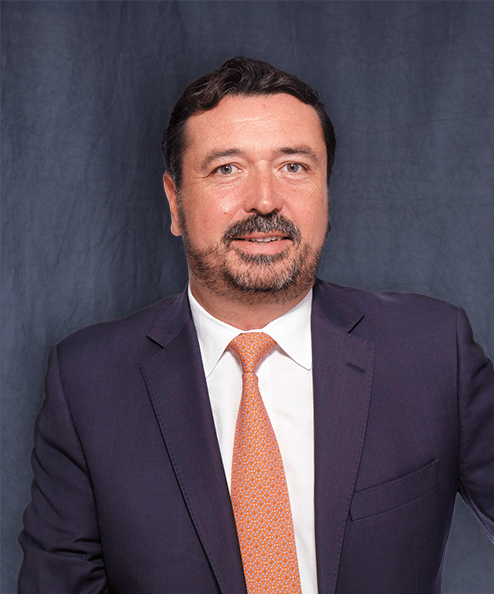 "Jed’s addition to our team further supports our focus of ensuring international expertise and network in the Industrial Practice, wherever our clients’ senior talent needs may be. His solid regional client base and excellent long-standing reputation as clients-driven and results-oriented professional will further enhance our reputation in key markets,” announced
"Jed’s addition to our team further supports our focus of ensuring international expertise and network in the Industrial Practice, wherever our clients’ senior talent needs may be. His solid regional client base and excellent long-standing reputation as clients-driven and results-oriented professional will further enhance our reputation in key markets,” announced